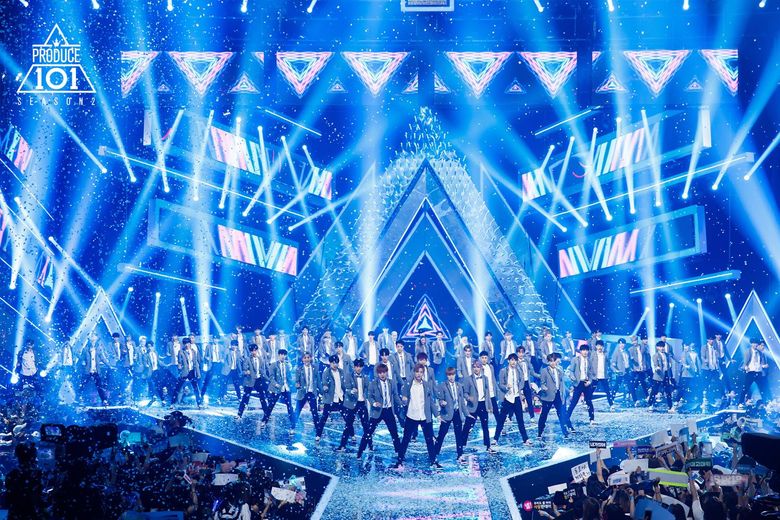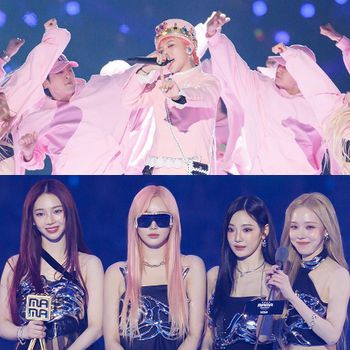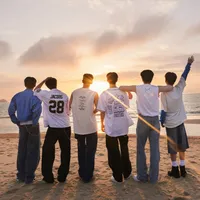
Mnet / JTBC
Ever since the "Produce 101" series, survival shows have picked up steam and created some of the most iconic idol groups in the K-Pop industry. From I.O.I to most recently ZEROBASEONE, although these groups aren't permanent, they've helped bring K-Pop to the forefront and have left a lasting impression on the entire community. Competition programs not only foster new groups, but they also help already debuted idols to reach even higher acclaim.
There have been cases where, despite not making the final lineup or winning the survival program, a contestant garnered a wave of supportive fans, receiving a boost in their music career either as a soloist or in a group. Some examples can be found in Lee Hi, Jeong SeWoon, NU'EST, and ONE PACT/B.D.U.'s Jay Chang. So even if a contestant doesn't win, their exposure to the public could put them in a favorable position to succeed in the future. In many cases, it's a win-win situation that benefits everyone involved. However, that's certainly not the case for everyone. There are some contestants who, despite receiving a bit of recognition, are still unable to succeed in the industry and thus deem it necessary to participate in yet another survival program. And just because they have prior experience, does not mean they will automatically rise to the top of the standings.
This case of survival show returnees have become prevalent in both male and female trainees/idols in an attempt to make it big and become recognized for their hard work and talent.
The Nature Of Idol Competition Programs
All K-Pop survival programs generally foll
Enjoy full access for just $1
Join over 10,000 active members!
🌟 Special Contents for Subscribers
























